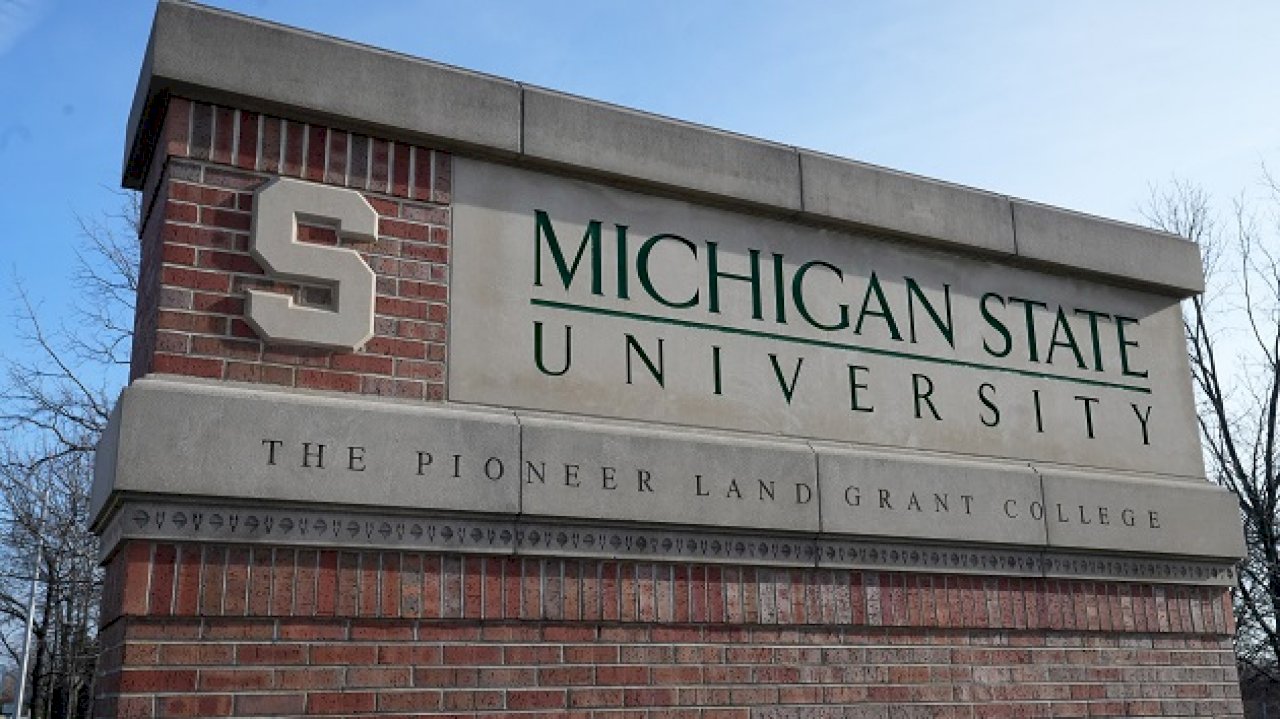Listeners:
Top listeners:
-
 play_arrow
play_arrow
94.3 Rev-FM The Rock of Texas | Where Texas Rocks
-
 play_arrow
play_arrow
99.1 The Buck Texas Country's Number 1 Country
-
 play_arrow
play_arrow
103.7 MikeFM Your Texas Hill Country Mix Tape
-
 play_arrow
play_arrow
KERV 1230 AM
-
 play_arrow
play_arrow
JAM Sports 1 JAM Broadcasting Sports 1
-
 play_arrow
play_arrow
JAM Sports 2 JAM Broadcasting Sports 2
First-of-its-kind study on structural racism to be led by Michigan State, Rutgers

(EAST LANSING, Mich.) Researchers from Michigan State University and Rutgers University say they will lead the first nationally funded study on the effects of structural racism on housing, aging and health.
The research – funded by an expected $3.7 million grant from the National Institutes of Health and National Institute on Aging – will examine the impact that “racist and discriminatory” policies over the last 100 years have had on a cohort of 800 Black and white Baltimore-based adults.
Most past research has had an “almost singular focus” on either residential segregation or historic redlining. This report will look at how factors such as redlining, gentrification, predatory lending, urban renewal, freeway construction, segregation and more have shaped the neighborhoods, homes, schools and stores Black residents engage with and how it has contributed to racial inequities, according to researcher Dick Sadler, an associate professor at Michigan State University College of Human Medicine.
The lead researchers say that lifelong exposure to structural racism — the policies and processes causing race-based inequities — are key drivers behind disparities in health and accelerated aging for Black people.
Past research has found that Black residents are more likely to experience earlier onset and greater rates of aging-related cognitive, physical function decline, and frailty compared to other racial and ethnic groups in the U.S.
Researchers say they will also look at how systemic racism impacts other racial and ethnic groups who live in these disinvested environments.
Understanding how divestment and discrimination happens “is critical to the development of strategies to disrupt racial inequities in communities,” according to the study announcement.
“We need to comprehensively document what the full constellation of tools, tactics and strategies look like in our urban landscapes to better contextualize why racial inequities emerge and persist across numerous health endpoints, for which all Americans ultimately suffer but for which Black Americans consistently take the largest hits,” said Sadler and Danielle Beatty Moody, associate professor at the Rutgers University School of Social Work, in the announcement.
Researchers hope the study can support advocacy and policy efforts to address such inequities.
The study comes as the majority of Americans — 65% — say that racism perpetrated by individual people is a bigger problem than racism in laws when it comes to discrimination against Black people in the U.S. today, according to a 2022 Pew Research Center survey. About a quarter — 23% — say that racism in U.S. laws is the larger problem.
However, Pew found that more than half of Black adults — 52% — say racism in U.S. laws is the bigger problem, with 43% arguing that racism by individuals is the larger problem.
Copyright © 2024, ABC Audio. All rights reserved.
Written by: ABC News
-
Top popular

Ingram man charged with murder after fatal shooting

Kerr Crime Stoppers offering reward up to $5,000 for information in last week’s non-viable school threat

KISD asks parents to communicate with children about words and actions after ‘copy cat’ threat note found at middle school

City of Kerrville Parks and Recreation reminds citizens that a Red Flag Warning is in effect until further notice

City of Kerrville says that May 7 General and Special Elections will proceed



